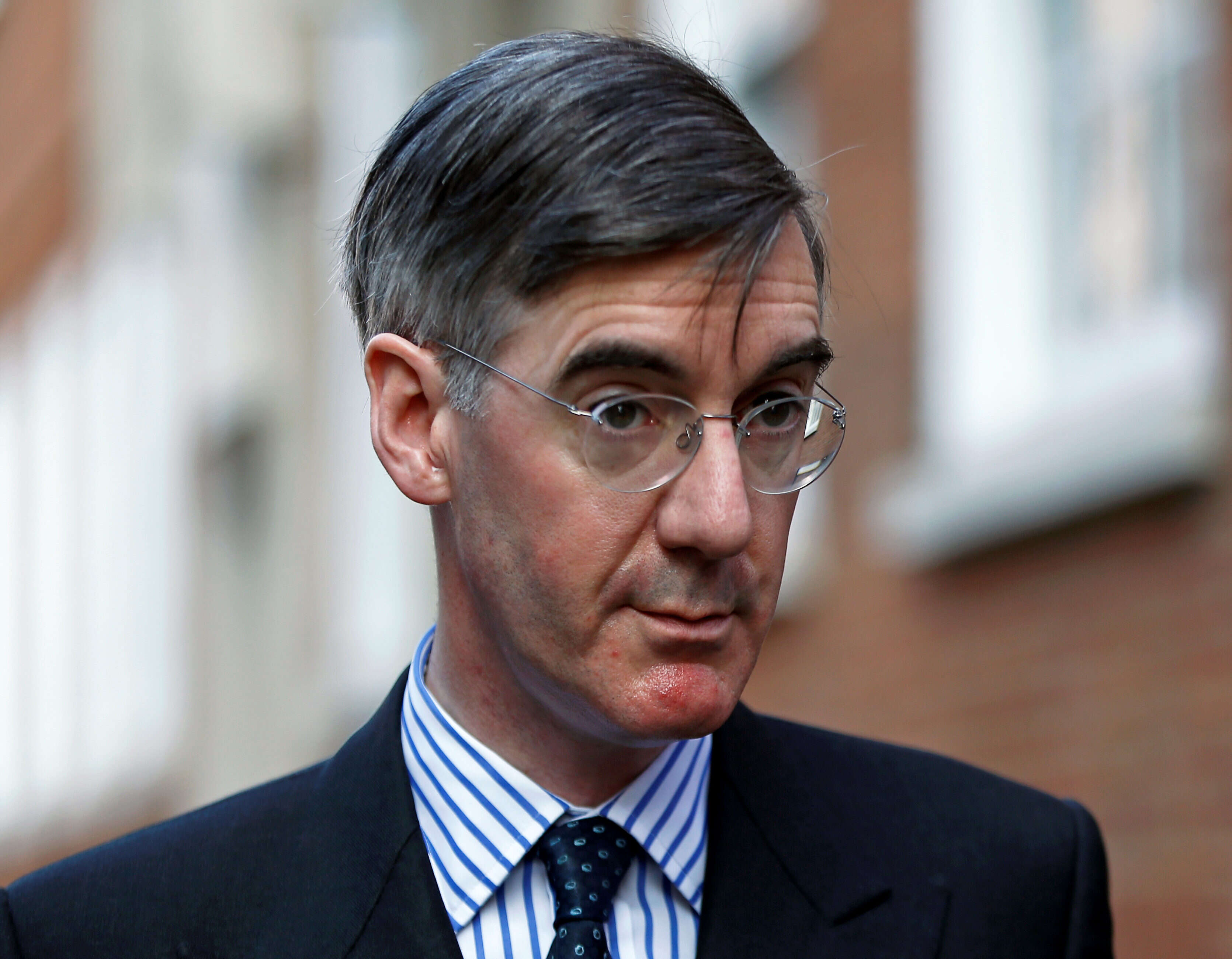
An Open Democracy journalist has won the right to see tax-funded research produced by Jacob Rees-Mogg’s European Research Group after an 18-month Freedom of Information battle.
Jenna Corderoy appeared in front of the First-Tier Tribunal in May to argue there was public interest in seeing the documents because of the Conservative ERG’s “significant influence” and role in shaping Government Brexit policy.
The Independent Parliamentary Standards Authority is now due to publish the ERG documents by 11 July.
Open Democracy investigations editor Peter Geoghegan said on Twitter the decision showed “journalism works”.
He added: “This type of public interest journalism takes a lot of time (and someone as indefatigable as Jenna Gorderoy). Without support Open Democracy could not do this work. Please do consider becoming a supporter.”
Corderoy submitted an FOI request to IPSA, which monitors MPs’ use of taxpayers’ money, in January 2018.
She asked for all materials produced by the ERG that were scrutinised by IPSA as part of its review into expenditure by groups that provide research and other services to MPs of a single political party, known as pooled service providers.
IPSA initially refused the request under Section 43(2) of the FOI Act which exempts information that could prejudice the commercial interests of a person or group like the ERG.
It then changed its stance to rely on an exemption under Section 36 of the act, applicable when disclosure could prejudice the effective conduct of public affairs.
Sir Robert Owen QC, a member of IPSA’s board, said the ERG had provided the information on the assurance it would remain confidential and that therefore its disclosure could “significantly damage” the working relationship between the two groups.
This would make it “very likely” the ERG and other similar groups would not cooperate with similar requests in future, which the watchdog has no power to compel them to do, he said.
After Corderoy appealed against IPSA’s decision, the Information Commissioner sided with the watchdog.
The Information Commissioner said there was “undoubted public interest” in scrutinising the ERG’s research work “in order to better understand” how the Government’s Brexit policy had been formed.
But she added there was “clearly a very strong public interest” in ensuring IPSA’s oversight is “as thorough as possible” and that any failure from the ERG to engage with IPSA’s review processes “would present problems”.
Taking the fight to the First-Tier Tribunal on 18 May, Corderoy argued it was unlikely the ERG would stop engaging with IPSA, saying “it could be difficult for its subscribers if ERG was seen to be hindering a body which was established following the MPs expenses scandal of 2009 to ensure only eligible expenses claims were paid”.
She added that IPSA must have been aware it could not promise to keep material confidential as it is subject to the FOI Act.
“In the light of the significance of Brexit and the role ERG played it was in the public interest to disclose the material,” she went on.
IPSA continued to oppose releasing the material on the grounds that future pooled service providers would be “far less inclined to freely engage with us as they have done in previous years”.
Robert Hopkins, representing the Information Commissioner, told the tribunal there was a “level of voluntary cooperation” between IPSA and the groups it regulates.
“It was reasonable to conclude that this level of voluntary co-operation based on trust could very well be diminished to some extent by disclosure in this case, and that this would to cause some degree of prejudice to IPSA’s ability to conduct its reviews rigorously and efficiently,” he said.
Judge Chris Hughes said IPSA had used the appropriate exemption under the FOI Act, saying it was “entirely proper and appropriate for the regulator to give some assurance as to the limited distribution of material supplied for regulatory purposes and there is a real risk of prejudice to some extent”.
But he noted that by the time Corderoy made her request, IPSA’s framework was changing to make it harder for pooled service providers not to engage with its requests.
“That, together with the need for MPs to get reimbursement of expenses and their desire not to be seen to obstruct accountability, greatly limits the extent of non-cooperation likely to arise,” he said.
The judge went on to say that although the ERG and other groups were given assurances by IPSA that it would not “proactively publish” the material, they were “fully aware” of the workings of the FOI Act.
Judge Hughes also said disclosure of the material would help the public better understand how IPSA and its processes work, increasing “transparency, accountability and public trust with respect to the working of Parliament”.
Making his decision, the judge said: “The tribunal is satisfied that while some harm will flow from an impact on IPSA’s relationships with pooled service providers, this harm is not great.
“Demonstrating the rigour of the regulatory process underpinning the work of MPs is of considerable significance and the tribunal is satisfied that the public interest is in disclosure.”
The full tribunal decision can be read here.
Picture: Reuters/Henry Nicholls
Email pged@pressgazette.co.uk to point out mistakes, provide story tips or send in a letter for publication on our "Letters Page" blog
